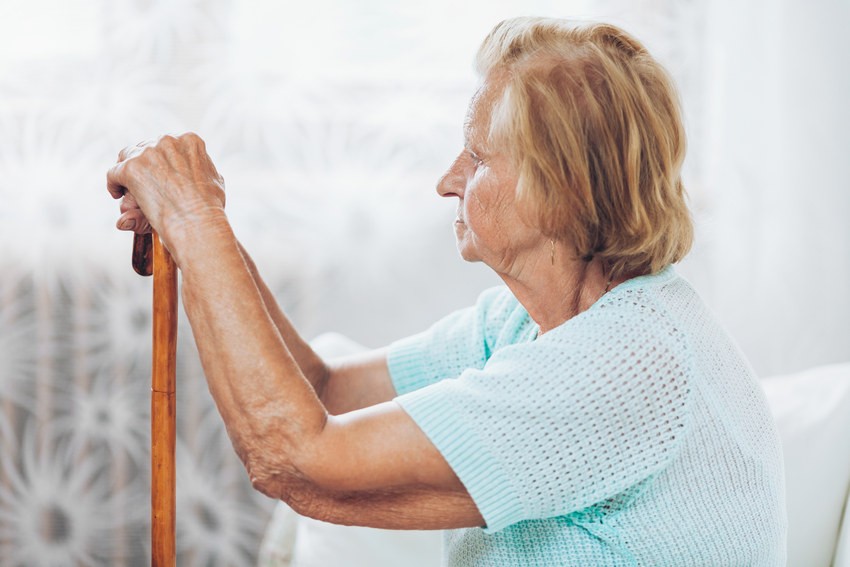Elderly Loneliness: Signs, Symptoms, and the Benefits of Having a Professional Caregiver

Elderly loneliness is a widespread problem in the US, with many people struggling to deal with the limitations aging has on socializing and maintaining friendships. Isolation and loneliness can lead to more serious mental health problems such as anxiety, depression, and increased stress, which can also exacerbate physical problems such as dementia and heart disease. It’s more important than ever to ensure that the elderly receive adequate social support to negate the effects that loneliness can cause. Here at TruCare Home Care, we see the impact that loneliness has on the elderly every day as we’re on the frontline of senior care. We wanted to give you some tips on how to spot the early signs of elderly loneliness so you can get help for yourself or a loved one before it becomes a serious issue!
How to spot loneliness and mental health issues in seniors
Everyone reacts differently to loneliness and other related mental health issues, which makes it even harder to notice that someone needs help. If you’ve noticed any of these changes in behavior in yourself or a loved one, it could be a sign that they’re suffering in silence.
- They feel sad and generally down for long periods of time.
- Aches and pains that are unexplained.
- A lack of interest in socializing or in hobbies that they once loved.
- Drastic weight loss or loss of appetite.
- An attitude change that suggests they’re experiencing feelings of hopelessness.
- A severe and sudden lack of motivation and energy.
- A sudden change in sleep routines such as oversleeping, inability to stay asleep, or sleeping at unusual hours.
- Acting or talking as if they are a burden on society or have a loss of self-worth.
- Increased reliance on alcohol or drugs.
- A fixation on death.
- Clouded memory and the inability to think rationally.
- Sudden neglect of self-care such as a lack of personal hygiene, not eating properly, or not taking prescribed medication.
These symptoms are all warning signs of loneliness and the associated mental health issues, but they could also indicate other issues so it’s always best to see your healthcare professional if any of them should arise.
How professional caregivers can help
Professional caregivers do much more than provide basic care and administer medication, they also engage with their clients, befriending them and offering them much needed socialization while ensuring they’re both physically and mentally healthy. In fact, many caregivers will tell you that this is the most important part of their job!
For seniors, knowing that their regular caregiver is experienced and trained in tackling these kinds of issues as well as spotting the early signs of other health matters that affect the elderly, gives them peace of mind that they’re in safe hands. By socializing, reassuring, and supporting their clients, caregivers alleviate many of the worries and stresses that, if left unattended, could progress to more serious mental health issues. This is a huge part of what we at TruCare Home Care offer the community we care for.
If you or your loved one are experiencing any of the issues mentioned in this article, make sure you contact your healthcare professional as soon as possible – the longer you put it off, the worse the situation will get. If you think a little bit of extra help and support, not to mention the chance to make some new friends, is exactly what you need, Contact Us here at TurCare Home Care to see how we can help support you or your loved one in the comfort of your own home.





